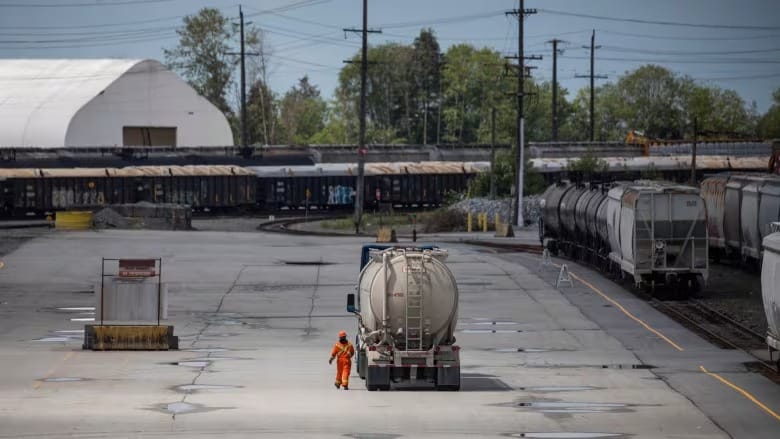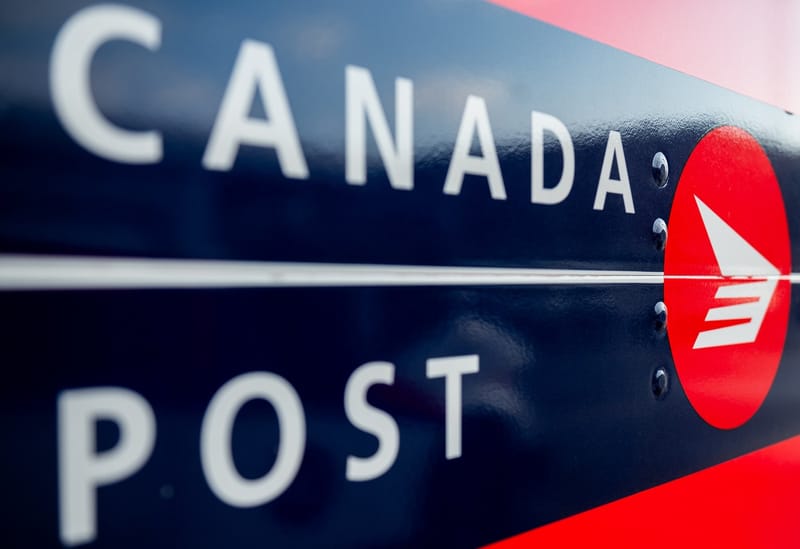Vancouver man with gang links arrested in Korea with cocaine
The 55-year-old is suspected to have connections to the United Nations and the Rock Machine gangs.

A 55-year-old man from Vancouver, suspected of having ties to the United Nations gang and the Rock Machine, was arrested in South Korea with a significant quantity of cocaine.
The man, whose identity is protected under Korean law, was taken into custody on August 10 following an investigation by the South Korean coast guard. Two Korean nationals were also arrested and charged in connection with the case.
According to a coast guard source, the investigation began months earlier when a Korean man was caught selling large amounts of cocaine. This individual was arrested and agreed to cooperate with authorities by arranging another drug purchase with his alleged supplier. The Vancouver man appeared at the meeting and was subsequently arrested.
A search of the Canadian's residence led to the discovery of additional cocaine bricks, bringing the total seizure to 60 kilograms—the largest ever seized from an individual in South Korea. (Larger amounts have been intercepted in shipping containers.)
The source revealed that the cocaine entered Korea via a container ship, hidden in liquid form inside paint cans to avoid detection by sniffer dogs. The liquid cocaine was then transported to a factory east of Seoul, believed to be under the control of the drug gang, where it was converted into brick form. The seized bricks were stamped with "UN," likely referencing the United Nations gang.
During interrogation, the Vancouver man claimed to be a member of the UN gang and indicated that most of his activities took place in Vancouver.
He remains in custody and is expected to face trial within two months. In Korea, drug trafficking sentences range from five years to life in prison.
The Canadian has a long criminal record in British Columbia, Manitoba, and the United States, spanning over 25 years. In a previous Canadian court case, police identified him as a member of the Rock Machine, supplying large quantities of cocaine to a drug trafficking organization in Winnipeg.
Testimony during a B.C. Supreme Court gang murder trial revealed connections between the Rock Machine and the UN gang. A former UN gangster testified that in late 2011 or early 2012, he and another UN member traveled to Winnipeg to meet with Rock Machine members to discuss a potential alliance and to pay them $50,000 to locate a former UN member who was cooperating with police.
The Korean coast guard source confirmed that the investigation is ongoing but does not expect further arrests of Canadians. Investigators in Korea are working to trace the origin of the liquid cocaine.
Cocaine is not a widely used drug in Korea; methamphetamine is more prevalent in Southeast Asia, with Canadians involved in its production and smuggling into lucrative markets in Australia and New Zealand.
Earlier this year, Postmedia reported on the global expansion of B.C. gangs, detailing how they have formed connections with transnational organized crime groups to produce and distribute drugs worldwide.
The Postmedia series, based on research in Australia, New Zealand, Fiji, and Southeast Asia, highlighted how the UN gang, founded in the Fraser Valley in 1997, has relocated its headquarters to Vietnam, where it continues its involvement in the international drug trade and the ongoing gang war in Canada.
Canadians associated with B.C. criminal organizations have been arrested in Australia, New Zealand, Thailand, China, the Philippines, and now South Korea.





